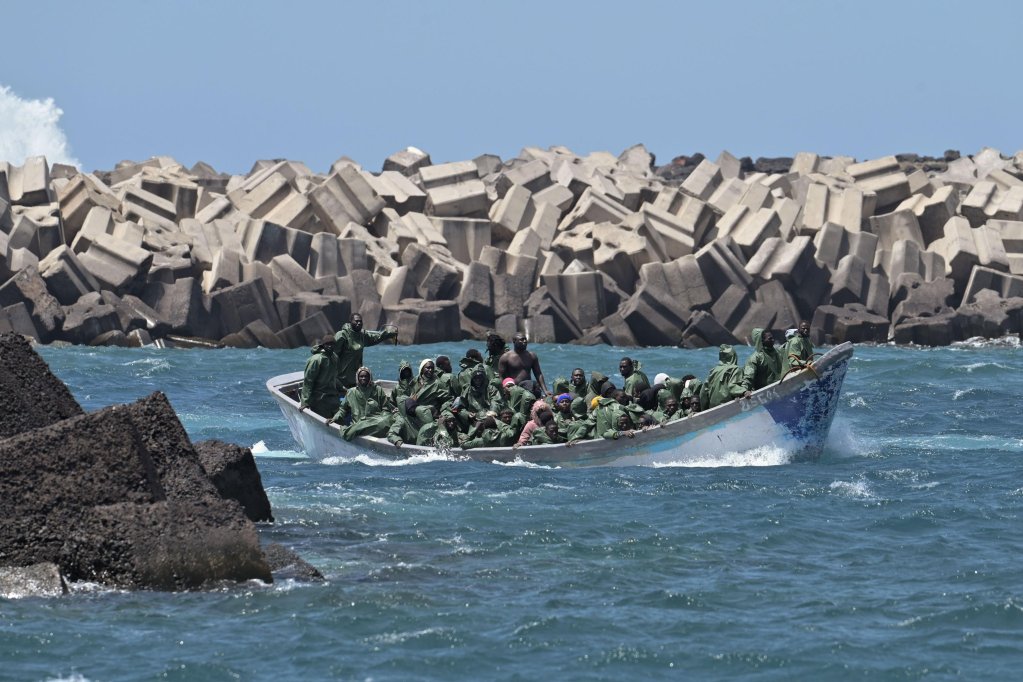A dangerous new trend is emerging along the African coast as migrants seeking to reach Spain’s Canary Islands embark on longer and more perilous sea journeys. Spanish officials have raised alarms over an increasing number of boats departing from much further south on the continent, particularly from Guinea-Conakry. These journeys, spanning over 2,000 kilometers and lasting more than ten days at sea, dramatically increase the risk to migrants’ lives.
Anselmo Pestana, the Spanish government’s delegate to the Canary Islands, confirmed that recent arrivals had come from Guinea-Conakry — a country located far south of the usual departure points in Senegal or Mauritania. He warned that such extended journeys carry life-threatening risks, including the possibility of vessels being swept away toward the Caribbean or even Brazil.
Previously, boats from locations more than 1,500 kilometers south of the Canary Islands were rare. But tighter sea patrols and collaborative crackdowns on migrant departures in countries like Morocco, Mauritania, and Senegal are believed to be pushing smuggling routes further south. While these efforts have led to a 41% reduction in migrant arrivals compared to last year — from over 19,100 in 2024 to just over 11,000 in 2025 — they have also pushed smugglers to adapt in more dangerous ways.
Pestana credited the drop in arrivals to stronger cooperation with West African nations, including shared intelligence and joint operations between Spain’s Civil Guard, National Police, and local African forces. Several smuggling and human trafficking rings have been dismantled as a result, with numerous arrests made in recent months.
But despite these gains, human traffickers are shifting operations to evade detection, endangering more lives. Pestana noted that while the number of boats may have fallen, the conditions have worsened. He explained that many of these migrants face a higher risk of being lost at sea, undernourished, or even dying before reaching Europe.
The Spanish government remains committed to international partnerships. Prime Minister Pedro Sánchez has previously visited several African nations to sign bilateral agreements aimed at enhancing maritime security and preventing illegal departures.
In addition to the Atlantic route, Spanish officials are monitoring another rising concern: the increase in migrant arrivals to the Balearic Islands in the Mediterranean from Algeria. These crossings, though shorter at around 250 kilometers, have turned violent. Reports have emerged of handcuffed bodies — mainly sub-Saharan Africans — washing up along Mediterranean coasts, prompting an ongoing investigation.
Why are migrants now taking longer sea routes to the Canary Islands?
Tighter security and increased patrols in traditional departure countries like Senegal and Mauritania have forced smugglers to use new, more dangerous routes from further south, such as Guinea-Conakry, leading to longer journeys and greater risks for migrants.

